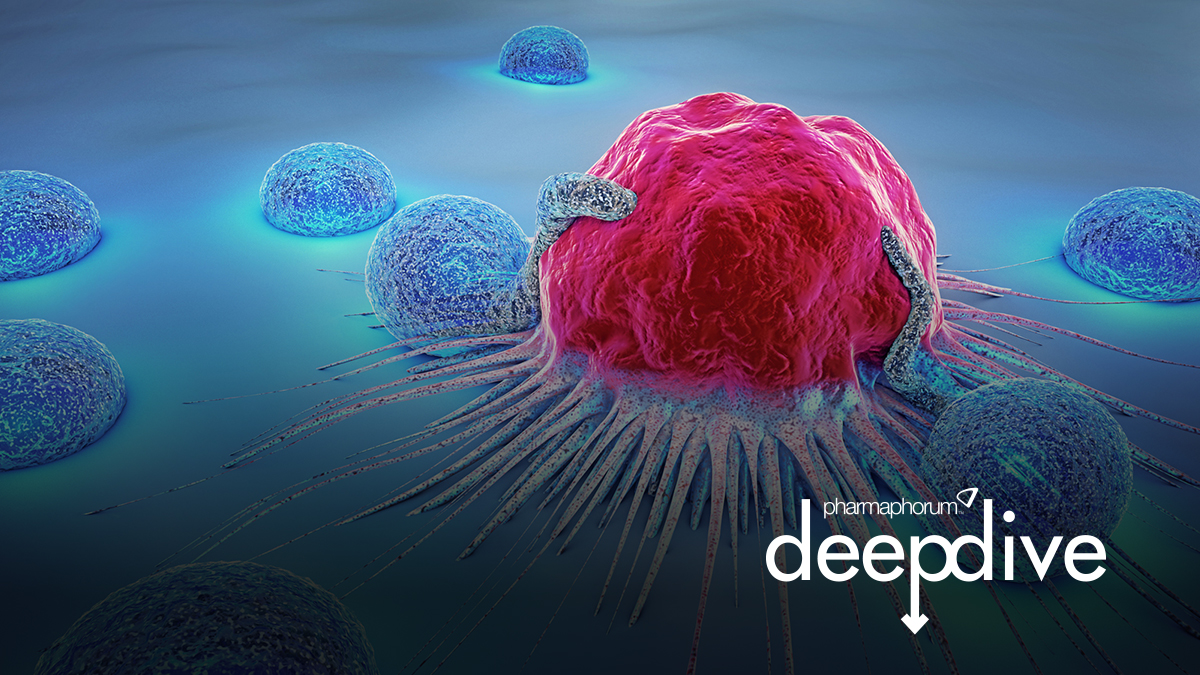Oncology and a year of COVID: lessons for the future

COVID’s impact on cancer care and oncology research has been devastating, but the pandemic has also opened up opportunities to take learnings and create long-lasting change in research, practice and education, says Lucid’s Frances O’Connor.
The COVID-19 pandemic might finally be in its latter stages after a year and a half of disruption, but its impact on oncology is likely to last much longer – with potentially devastating effects on long-term survival.
These ‘lost years’ in cancer care are a result of many cumulative factors – we’ve seen diagnosis delays, treatment delays, missed scans, missed face-to-face appointments and detrimental changes in treatment and pathway changes; for instance those with slower growing cancers being put on watch and wait regimens instead of treatment to avoid clinic time. As we look to the future, collaboration is key on many levels.
Collaboration in clinical research
The last 18 months have seen some incredible scientific leaps directly tackling the pandemic, brought about by unprecedented alliances seen between pharma companies and between academia and pharma. However, the impact on many other areas of research, including cancer, cannot be ignored. According to the ICR, cancer research has faltered due to the closure and restrictions placed upon labs, redirection of resources to COVID research as well as trial enrolment issues and sample collection challenges. They also note that the livelihood of researchers has been impacted profoundly given the changes and even terminations of some research programmes.
• Read the full article in pharmaphorum's Deep Dive digital magazine












